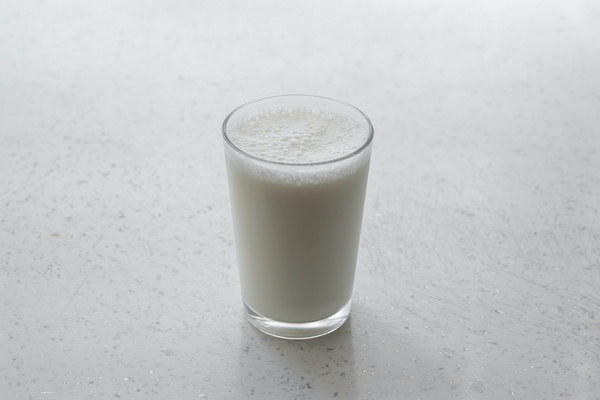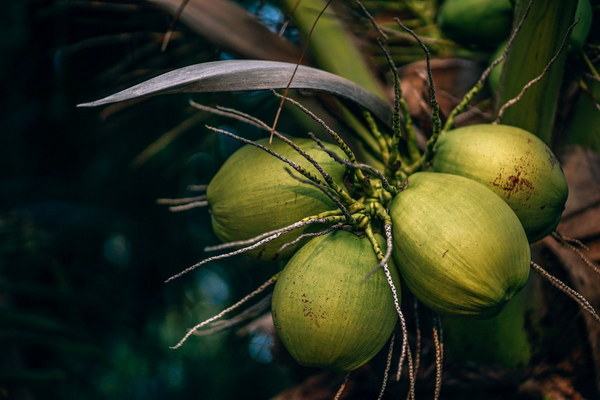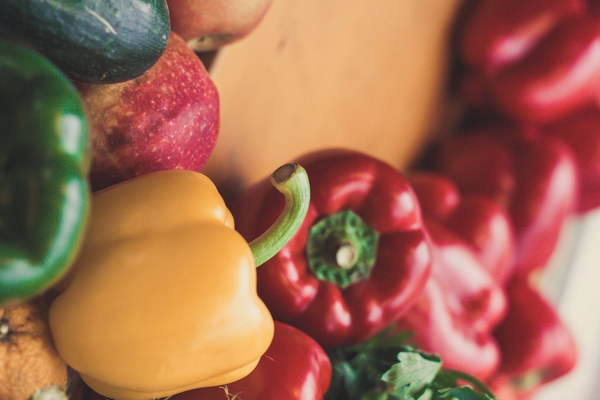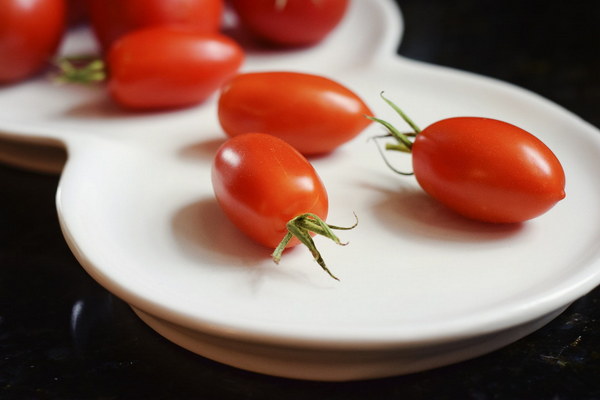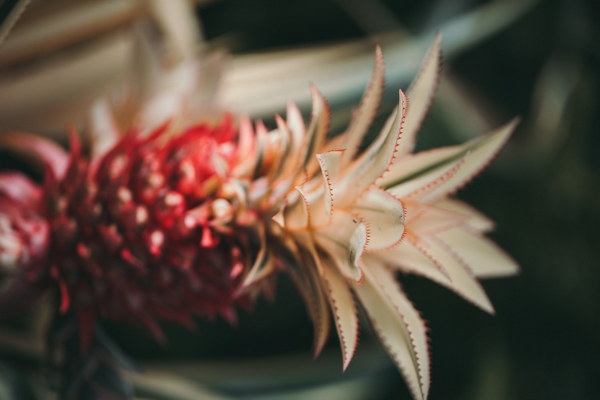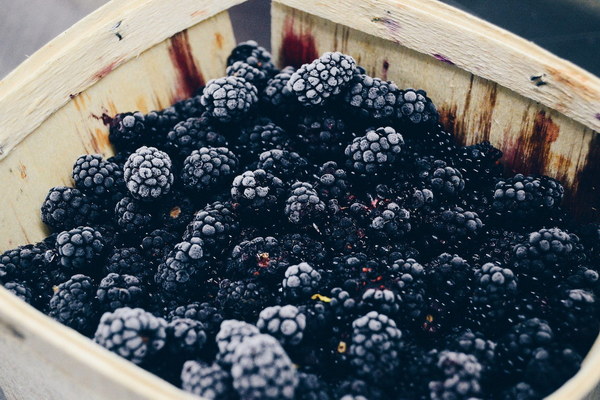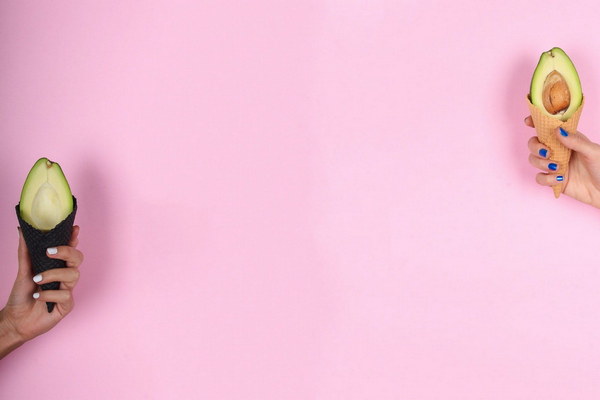Natural Remedies and Diet Tips for Excessive Dampness Revitalize Your Health with These Traditional Chinese Foods
Excessive dampness, a common condition in Traditional Chinese Medicine (TCM), can manifest in various ways, including fatigue, body aches, and digestive issues. To combat this condition, TCM recommends a combination of herbal remedies and dietary adjustments. Here, we explore some natural remedies and diet tips for excessive dampness, focusing on traditional Chinese foods that can help revitalize your health.
1. Foods to Avoid
To alleviate excessive dampness, it's crucial to avoid foods that exacerbate the condition. These include:
- Cold and raw foods: They can weaken the spleen and lead to the accumulation of dampness.
- Sweet and greasy foods: They can cause phlegm and dampness in the body.
- Alcohol and sugary drinks: They can disrupt the balance of the body and weaken the spleen.
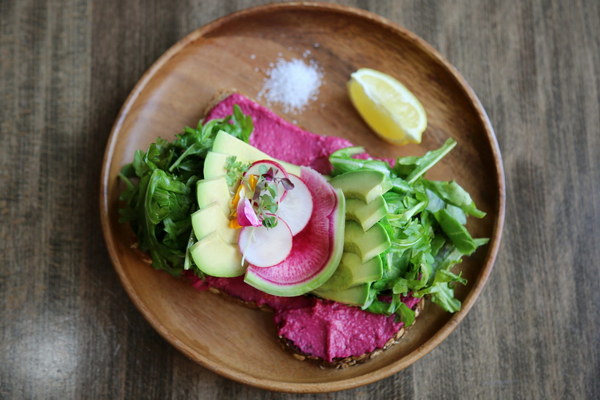
2. Foods to Include
Focusing on the following traditional Chinese foods can help reduce dampness and improve overall health:
- Green Tea: Green tea is known for its diuretic properties and can help expel dampness from the body. It also has antioxidant properties, making it a great choice for a refreshing drink.
- Brown Rice: Brown rice is a staple in Chinese cuisine and is considered beneficial for the spleen. It helps in removing dampness and promoting digestion.
- Red Dates (Jujube): Red dates are a nutritious fruit that can help strengthen the spleen and improve energy levels. They can be consumed as a tea or added to soups and stews.
- Pork: Pork, especially the lean parts, is considered a warming food that can help expel dampness. However, it's important to avoid overcooking and consuming excessive amounts.
- Carrots: Carrots are rich in beta-carotene and vitamin A, which are essential for maintaining healthy digestion. They can help eliminate dampness and promote the smooth flow of Qi (vital energy) in the body.
3. Herbs and Spices
In addition to dietary adjustments, incorporating certain herbs and spices can also help alleviate excessive dampness:
- Cinnamon: Cinnamon is a warming spice that can help expel dampness and improve circulation.
- Ginger: Ginger has diuretic properties and can help reduce dampness. It can be consumed as a tea or added to various dishes.
- Turmeric: Turmeric is a powerful anti-inflammatory spice that can help improve digestion and eliminate dampness.
4. Cooking Methods
When preparing meals, opt for cooking methods that help maintain the nutrients and properties of the ingredients. Here are some recommended cooking methods:
- Steaming: Steaming helps preserve the nutrients of the ingredients and is a gentle cooking method suitable for individuals with excessive dampness.
- Boiling: Boiling is another excellent choice for removing dampness, as it can help expel excess fluid from the body.
- Soups and stews: Soups and stews are ideal for warming the body and aiding in the elimination of dampness.
By incorporating these natural remedies and dietary tips into your lifestyle, you can effectively combat excessive dampness and promote overall health. Remember to consult with a TCM practitioner or healthcare professional before making significant changes to your diet or starting any new treatment.
